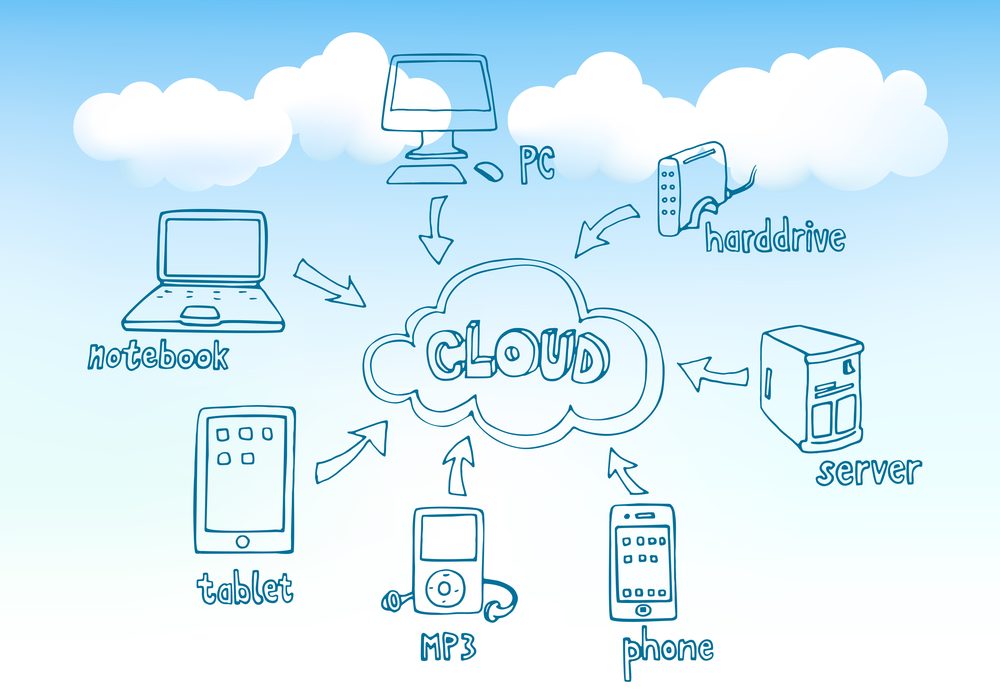
You use the cloud every day. You know the history, and the differences between public, private, and hybrid. Think you know everything, then? Think again! Here are some fun facts about the cloud to share with your friends and family.
1. Where?
Despite the name, the cloud is not in the sky. It’s not even in our computers. In fact, it’s underwater! Well, the fiber optic cables are, at least. The public cloud as we know is located in data centers all over the world, made up of hard drives and cables. The fiberoptic cables are still in the ocean, as they carry data faster and cheaper than satellites. Cool, right? So next time a relative asks where all that data is going, you can surprise them with a detailed answer!
2. How Many Businesses Use the Cloud?

We assume that the cloud is utilized by pretty much everyone at this point, whether it’s for work or personal life, but have you ever wondered what that number is? (It might even be easier to say how many don’t use it!) Well, over 50% of businesses utilize the public cloud, and 85% a hybrid approach. 60% of all corporate data is stored within it! That’s a decent chunk, and it’s only expected to grow over time.
3. What is the Future of the Cloud?

Considering 66% of IT professionals see hybrid-cloud solutions as a permanent destination for IT infrastructure, it seems that the hybrid option is the way to go. To be ahead of the times, you or your company could begin the transfer from the public or private cloud to hybrid. Or maybe you’re already there! As you probably know, the hybrid option is a combination of public and private, so you get the best of both worlds with less drawbacks.
4. Best Source for More?
Did you know AiNET was named “Your IT Superhero” in CIO Techie’s list of Most Trusted Government Technology Companies in 2020? Or that it offers state-of-the-art storage, fiber networks, and data centers? Clearly, it is the best possible option for all your computing uses, whether it’s public, private, hybrid, at home, or underwater! Check out AiNET today.
